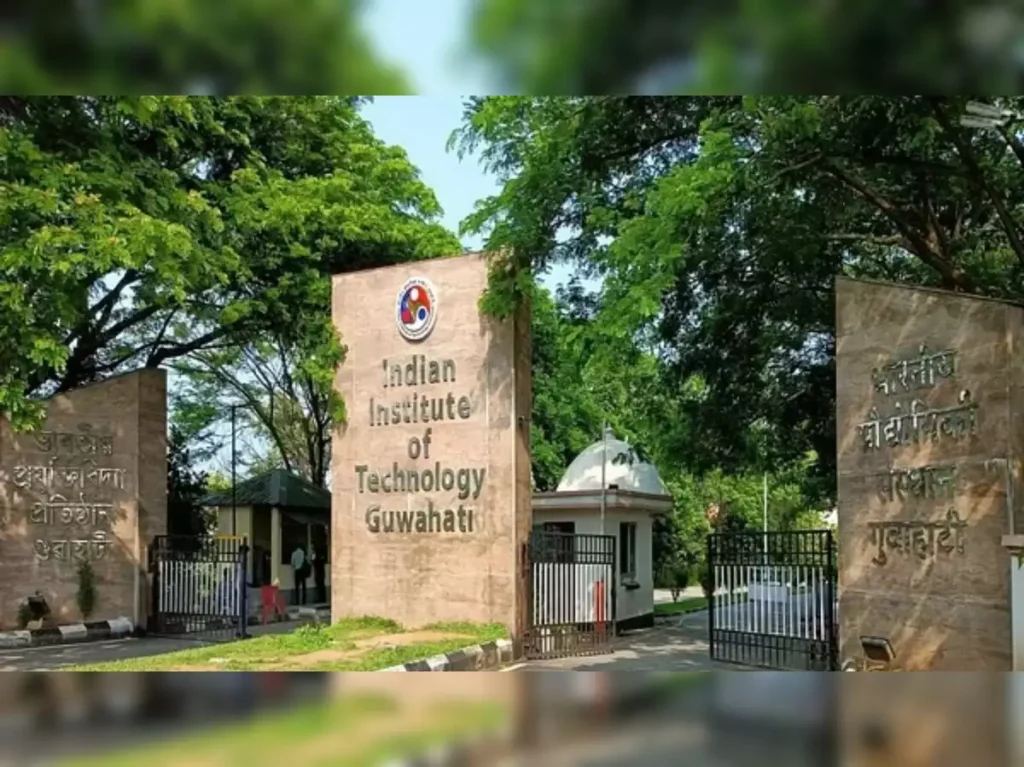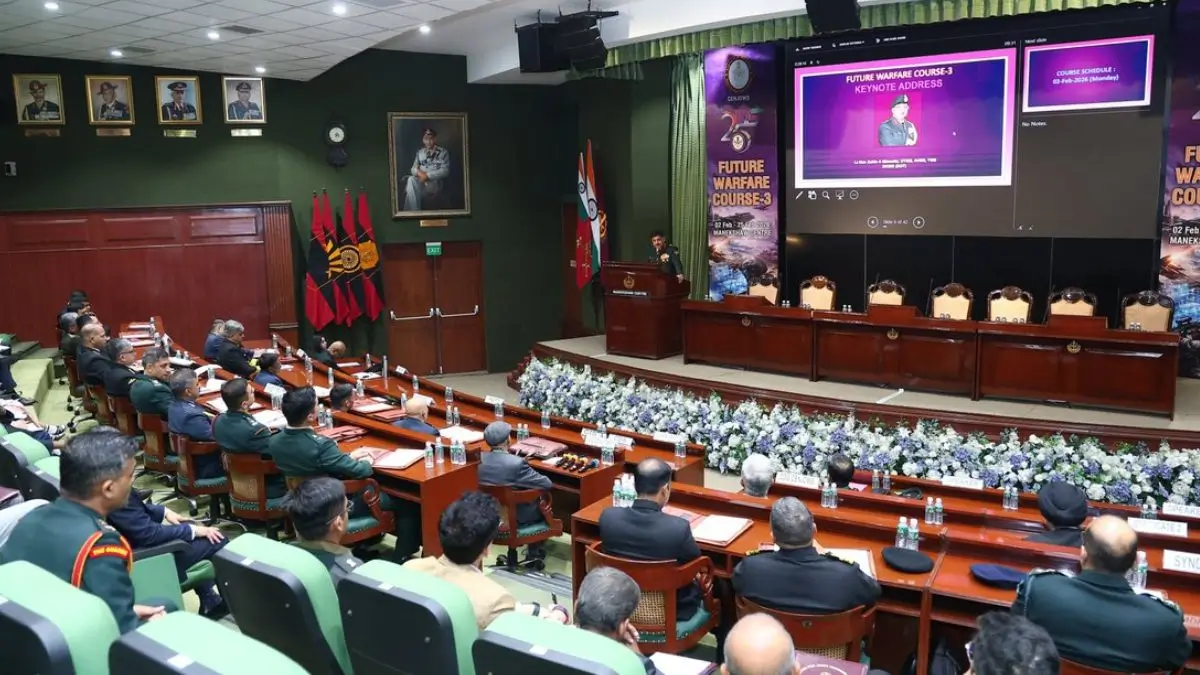IIT Guwahati Transfers Pioneering Swine Fever Vaccine Technology to Biomed Pvt
In a significant development, the Indian Institute of Technology (IIT) Guwahati has transferred the technology for a pioneering swine fever vaccine to Biomed Pvt, a company based in Pune. This breakthrough vaccine technology promises to revolutionize the swine fever management landscape in India. Swine fever, also known as hog cholera, is a highly contagious viral disease affecting pigs, causing significant economic losses to the swine industry. The transfer of this technology marks a crucial step towards mitigating the adverse impacts of swine fever outbreaks and safeguarding the livelihoods of numerous stakeholders.
The swine fever vaccine technology, developed by a team of researchers at IIT Guwahati, is based on advanced biotechnological methodologies. It offers a safe, effective, and affordable solution for preventing swine fever infections among pigs. By transferring this technology to Biomed Pvt, the institute aims to expedite the production and distribution of the vaccine on a larger scale, thereby enhancing its accessibility to pig farmers across the country. This collaborative effort between academia and industry underscores the importance of leveraging technological innovations for addressing pressing societal challenges.

Why this News is Important
Technological Advancement in Disease Management:
The transfer of pioneering swine fever vaccine technology from IIT Guwahati to Biomed Pvt represents a significant advancement in disease management strategies, particularly in the context of the swine industry. This development holds immense importance as it offers a promising solution for controlling the spread of swine fever and minimizing its detrimental effects on pig populations.
Potential Economic Benefits:
The successful transfer of this vaccine technology has the potential to yield substantial economic benefits for stakeholders involved in the swine industry. By reducing the incidence of swine fever outbreaks and associated mortality rates among pigs, farmers can expect improved productivity and profitability, thus contributing to the overall economic growth of the sector.
Collaborative Innovation Efforts:
This news underscores the significance of collaborative efforts between academia and industry in driving innovation and technology transfer. The partnership between IIT Guwahati and Biomed Pvt exemplifies how synergistic collaborations can facilitate the translation of cutting-edge research into practical solutions with real-world impact.
Public Health Implications:
Effective management of swine fever is not only crucial for safeguarding the interests of the swine industry but also for protecting public health. Swine fever can have zoonotic implications, posing risks to human health through transmission pathways. The availability of an advanced vaccine can help mitigate these risks and contribute to public health protection efforts.
Empowering Agricultural Sector:
The adoption of innovative technologies such as the swine fever vaccine holds the potential to empower the agricultural sector by enhancing resilience against disease outbreaks and improving livestock management practices. This news underscores the importance of investing in research and development initiatives aimed at addressing agricultural challenges and promoting sustainable practices.
Historical Context
Swine fever, caused by the swine fever virus (SFV), has been a longstanding concern in the global pig farming industry. The disease is characterized by high morbidity and mortality rates among infected pigs, along with significant economic losses for farmers and stakeholders. Historically, efforts to control swine fever have relied on various strategies, including vaccination, biosecurity measures, and strict regulatory protocols.
Despite these efforts, swine fever continues to pose challenges to the swine industry worldwide, necessitating ongoing research and innovation in disease management strategies. The development of effective vaccines against swine fever has been a priority for researchers and policymakers seeking sustainable solutions to mitigate the impact of the disease on pig populations and agricultural economies.
5 Key Takeaways from “IIT Guwahati Transfers Pioneering Swine Fever Vaccine Technology to Biomed Pvt”
| Serial Number | Key Takeaway |
|---|---|
| 1. | Technological transfer of a pioneering swine fever vaccine technology from IIT Guwahati to Biomed Pvt. |
| 2. | Potential economic benefits for the swine industry through improved disease management and productivity. |
| 3. | Collaboration between academia and industry to leverage innovation for addressing agricultural challenges. |
| 4. | Public health implications of controlling swine fever outbreaks and mitigating zoonotic risks. |
| 5. | Empowerment of the agricultural sector through the adoption of advanced vaccine technologies for livestock management. |
Important FAQs for Students from this News
1. What is swine fever, and why is it a concern in the agricultural sector?
A: Swine fever, also known as hog cholera, is a highly contagious viral disease affecting pigs. It poses a significant concern in the agricultural sector due to its potential for causing high morbidity and mortality rates among infected pigs, resulting in economic losses for farmers and stakeholders.
2. How does the swine fever vaccine technology developed by IIT Guwahati differ from traditional vaccination methods?
A: The swine fever vaccine technology developed by IIT Guwahati is based on advanced biotechnological methodologies, offering a safe, effective, and affordable solution for preventing swine fever infections among pigs. Unlike traditional vaccination methods, this technology represents a significant advancement in disease management strategies.
3. What are the potential economic benefits associated with the transfer of this vaccine technology to Biomed Pvt?
A: The transfer of the swine fever vaccine technology to Biomed Pvt has the potential to yield substantial economic benefits for the swine industry by reducing the incidence of swine fever outbreaks and associated mortality rates among pigs. This can lead to improved productivity and profitability for farmers, contributing to the overall economic growth of the sector.
4. How does the collaboration between IIT Guwahati and Biomed Pvt exemplify the importance of academia-industry partnerships?
A: The partnership between IIT Guwahati and Biomed Pvt underscores the significance of collaborative efforts between academia and industry in driving innovation and technology transfer. By leveraging each other’s expertise and resources, they facilitate the translation of cutting-edge research into practical solutions with real-world impact.
5. What are the public health implications of effectively managing swine fever outbreaks?
A: Effectively managing swine fever outbreaks is crucial not only for safeguarding the interests of the swine industry but also for protecting public health. Swine fever can have zoonotic implications, posing risks to human health through transmission pathways. The availability of an advanced vaccine can help mitigate these risks and contribute to public health protection efforts.
Some Important Current Affairs Links

















